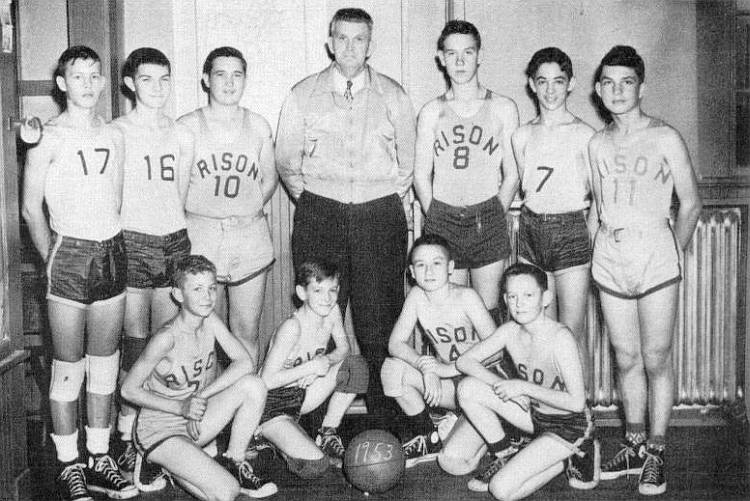
I just got a new camera, and confess to being totally overwhelmed with its instruction book. Plus, there are so many settings to watch for, little changes in dials and symbols that make a big difference in how it all works, whether my pictures are in focus, or if the timer is on.
Usually, I figure I can navigate electronic devices with good intuition, a spirit of adventure, and a little trial and error. All of this is infinitely preferable, in my world, to sitting to read the instructions.
I like to read good stories, juicy poems, or anything with layers of meaning to sift through. Instruction books seek to dispel any possibility of confusing layers, presenting clear information in a systematic way. And, they are chock full of more information that I could possibly absorb.
All of which makes it feel a little peculiar that I have such fondness for this week's scripture passage from
Romans. Of all the lessons we've read lately, this is the most like an instruction book:
101112131415161718Let love be genuine; hate what is evil, hold fast to what is good; love one another with mutual affection; outdo one another in showing honor. Do not lag in zeal, be ardent in spirit, serve the Lord. Rejoice in hope, be patient in suffering, persevere in prayer. Contribute to the needs of the saints; extend hospitality to strangers. Bless those who persecute you; bless and do not curse them. Rejoice with those who rejoice, weep with those who weep. ...
Paul lists a set of commands--invitations to a different way of living.
But, I think, they're far better than an instruction book, and here's why:
They're not particularly systematic, they don't need to go in any particular order, you can begin anywhere, and they leave a lot about the specifics up to us, the readers. Paul's list helps us imagine a different reality--one that looks more like God's kingdom--and sets a standard for us to reach towards.
Plus, I love Paul's acknowledgment of our own limitations:
If it is possible, so far as it depends on you, live peaceably with all.Now and then, I hear people claim that the Bible is an instruction book for life. I thank God that it's so much more!
Rather than telling us what button to push or which dial to spin to give us the result we want, scripture invites us into a new way of being. A messy, complicated, often confusing and frustrating way of being in a relationship with a loving God, who also happens to be complicated, confusing and far beyond anything that could ever have an easy-reference index.
Not that the Bible doesn't offer help: it's just not as simple as turning the flash on. It's an inspiring process of figuring out what loving God and neighbor (including enemies) looks like when you're moving through the strange circumstance of your life.
 During the 3 weeks after Christmas, we're going to spend some time thinking about what Christmas means, after the parties are over: at Christmas we celebrate God coming into the world as a human. Incarnation.
During the 3 weeks after Christmas, we're going to spend some time thinking about what Christmas means, after the parties are over: at Christmas we celebrate God coming into the world as a human. Incarnation.






























